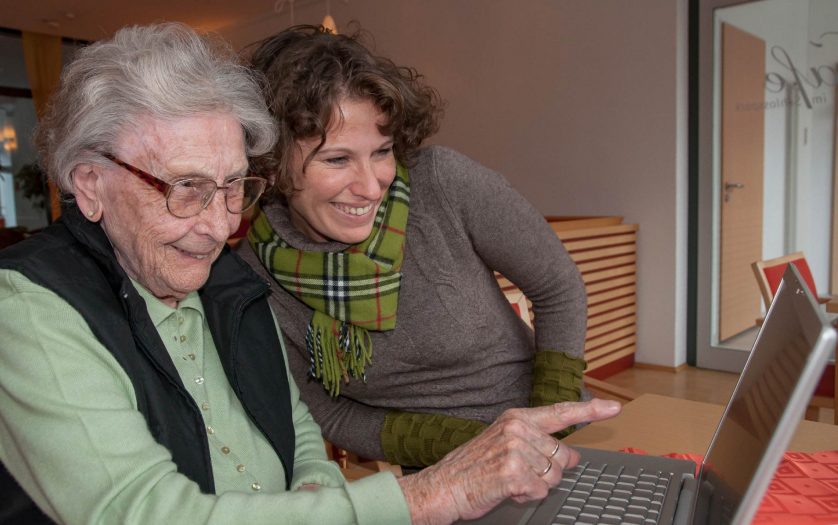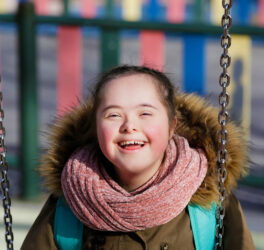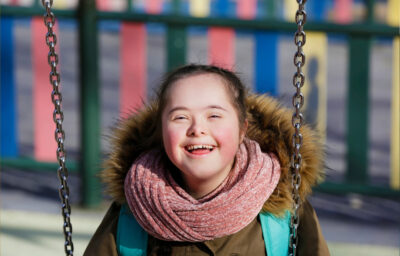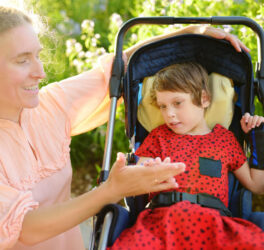
Dementia prevention needs to be Australia’s next public health area of focus, as the nation heads towards a projected number of one million people with dementia by 2056, according to the study published in the Medical Journal of Australia.
Dementia is the greatest cause of disability in Australians aged over 65 years, the second leading cause of mortality, and the highest in women.” Said Dr Terence Chong, psychiatrist and Senior Research Fellow at the University of Melbourne
“Today, more than 459 000 Australians live with dementia, and this number is expected to exceed one million by 2056.
“In Australia, the population-attributable risk of dementia risk factors, in descending order, are physical inactivity (17.9%), mid-life obesity (17.0%), low educational attainment in early life (14.7%), mid-life hypertension (13.7%), depression (8.0%), smoking (4.3%), and diabetes mellitus (2.4%).
“Emerging research suggests that a suboptimal diet, cognitive inactivity and sleep–wake disturbance also influence the modifiable dementia risk.”
“The proposal to start with combatting physical inactivity and obesity in mid-life makes good sense.” Said Professor Henry Brodaty, CHeBA Co-Director & Dementia Centre for Research Collaboration Director
“This needs a whole-of-government approach and creative ways of helping all of us change our behaviours,” said Professor Brodaty.
“CHeBA is currently trialling an online coaching course – Maintain Your Brain – as one way of achieving these aims,” he said.
Chong and colleagues have developed a multilayered action plan with eight recommendations:
- Create public health and clinical practice guidelines for dementia prevention across the lifespan for the Australian setting;
- Equip and resource primary care providers to be the clinical spearheads for dementia prevention throughout life;
- Support multidisciplinary memory clinics and specialists to implement secondary prevention programs for those at high risk;
- Fund research for evidence-based interventions for modifiable risk factors for dementia across the life cycle to reduce the evidence-to-practice gap;
- Implement findings from dementia risk reduction and implementation research through translation into health promotion programs;
- Strengthen dementia prevention public health campaigns embracing Australians’ diversity, particularly Aboriginal and Torres Strait Islander Australians;
- Resource and coordinate a whole-of-community approach including government, public and private health care, community services and education sectors to operationalise guidelines and multifaceted dementia prevention programs throughout life; and,
- Mobilise peak health advocacy bodies to promote and coordinate public health messaging on dementia risk factors that cut across chronic conditions.
“Australia has excellent health infrastructure and an international reputation for dementia prevention due to our depth of clinical, research, and knowledge translation expertise,” said Chong.Dementia prevention action plan needed in Australia








